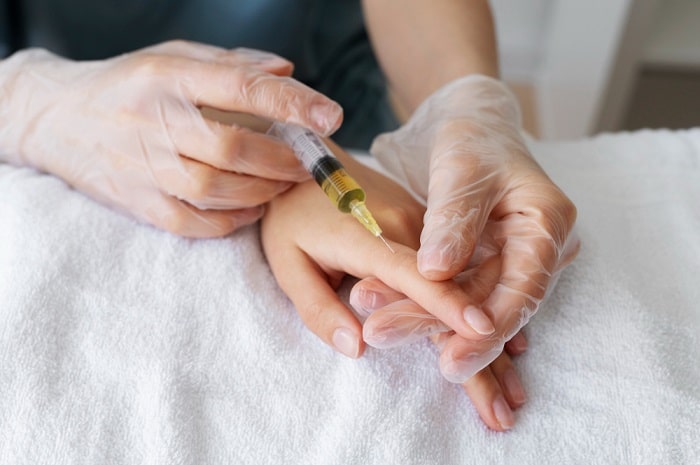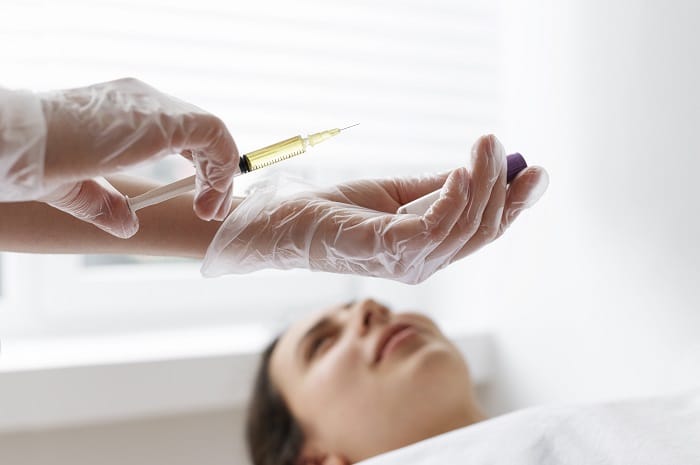

If you’re dealing with neuropathy, a condition characterized by damage to the peripheral nerves resulting in pain, tingling, and other uncomfortable sensations, you may have come across Platelet-Rich Plasma (PRP) as a potential treatment option. But when would PRP be a good choice for managing neuropathy?
PRP is a procedure that utilizes the healing properties found in your blood to potentially aid in tissue repair and pain relief. In the case of neuropathy, PRP aims to target the damaged nerves and promote regeneration. Here are some instances where PRP could be a beneficial option:
For individuals with diabetic neuropathy, PRP could offer promising results. By injecting PRP into the affected areas, it may help stimulate nerve regeneration, reduce pain, and improve the overall quality of life. However, it’s crucial to consult with a medical professional to determine if PRP is suitable for your specific condition.

If you have sustained nerve injuries due to trauma or accidents, PRP could potentially be an effective therapy. By delivering concentrated platelets and growth factors directly to the damaged nerves, PRP may help in the healing process and promote nerve regeneration, leading to improved functionality and reduced neuropathic symptoms.
Neuropathy often involves chronic pain that can be difficult to manage with conventional treatments. PRP may provide a non-invasive alternative by targeting the underlying cause of the pain. By promoting tissue repair and reducing inflammation, the hope is that PRP can alleviate neuropathic pain and improve your overall well-being.

💡 It’s important to note that while PRP shows potential for managing neuropathy, it is still considered an emerging therapy. As with any medical treatment, individual results may vary, and for precise determination if PRP therapy for neuropathy is appropriate, consulting with our specialized Nurse Practitioner is crucial.
Before considering PRP, your provider will assess your medical history, conduct a thorough examination, and review existing treatment options. They will be able to provide personalized advice on whether PRP is a suitable choice for you or if alternative treatments would be more appropriate.
Remember, your healthcare provider is the best resource to guide you through the decision-making process, weighing the benefits, risks, and potential outcomes of PRP as a treatment option for your specific neuropathy.
🔎 Stay informed, ask questions, and work closely with your healthcare team to explore and determine the most suitable interventions for your neuropathy management. Keeping an open dialogue with your doctor will help you make well-informed decisions and pursue the best course of action for your long-term health and well-being.



Call us today at (386)-320-0325 for relief of your whiplash symptoms or for assistance in reaching optimal health.
